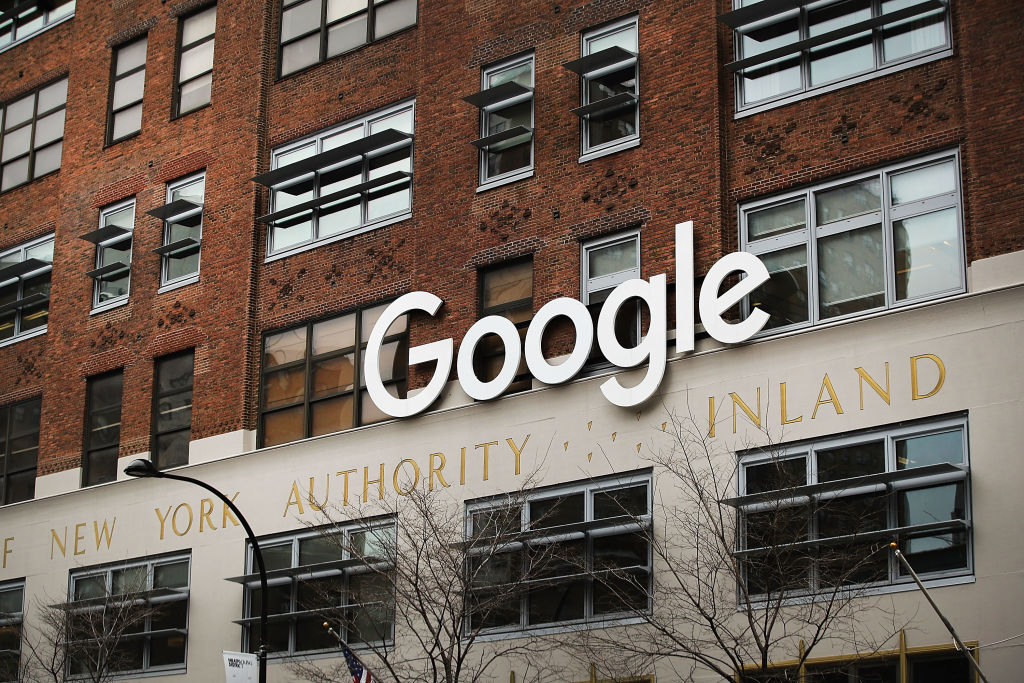Members of the House Energy and Commerce Committee have some key questions for Google CEO Sundar Pichai. In an open letter, members requested answers about a reported database, storing consumer locations, named "Sensorvault."
The location tracking affects all users of Android mobile devices, and data is collected and stored on Google servers for an unspecified amount of time. Groups like the Electronic Frontier Foundation have cited the fourth amendment as another example as to why courts should subject geo-location warrants to more scrutiny than they currently do.
“The potential ramifications for consumer privacy are far-reaching and concerning when examining the purposes for the Sensorvault database and how precise location information could be shared with third parties,” read the letter, signed by two Republicans and two Democrats. "We would like to know the purposes for which Google maintains the Sensorvault database and the extent to which Google shares precise location information from this database with third parties.”
The letter cites a New York Times
report that showed law enforcement have regularly used warrants to gain access to the location data of hundreds of thousands of users to identify singular suspects.
“Normally we think of the judiciary as being the overseer, but as the technology has gotten more complex, courts have had a harder and harder time playing that role,” Jennifer Granick, surveillance and cybersecurity counsel at the American Civil Liberties Union, told the New York Times. “We’re depending on companies to be the intermediary between people and the government.”
While the feature is turned off by default, it is easily turned on by giving access to location services when applications ask for it. The Times says once turned on, it stores, "Information on anyone who has opted in, allowing regular collection of data from GPS signals, cellphone towers, nearby Wi-Fi devices, and Bluetooth beacons."
Members set the deadline for answers on May 10.
Now check these out:
Hey Alexa, Why Are You Listening To My Conversations?
